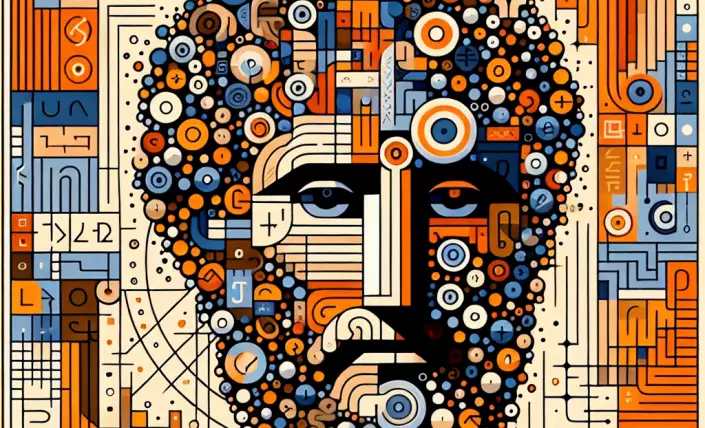In the vast arena of philosophical inquiry, few topics command as much attention as the interplay between individual choice and societal structures. This tension is a recurring theme in the works of Thomas Sowell, whose insights compel us to examine the unseen forces that shape our lives. Sowell's analysis often revolves around the concept of constrained versus unconstrained visions, a framework that provides a profound lens through which we can assess our decision-making processes and the societal influences at play.
The constrained vision, as articulated by Sowell, posits that human nature is inherently limited and self-centered. It suggests that individuals operate within a framework of imperfect knowledge and are guided by self-interest. This vision holds that human actions are not only shaped by innate tendencies but are also bound by the limitations of societal structures and historical contexts. From this perspective, institutions and traditions evolve as mechanisms to mitigate the shortcomings of human nature, providing a buffer against the vagaries of individual desires. This approach encourages a reflective attitude towards our choices, urging us to recognize the constraints imposed by both our nature and the environments we inhabit.
In contrast, the unconstrained vision presents a more optimistic view of human potential. It assumes that human nature is malleable and perfectible, and that individuals can transcend their limitations through reason and willpower. Proponents of this vision argue for the possibility of radical change and the reformation of societal structures to achieve ideal outcomes. However, Sowell warns of the dangers inherent in this perspective, particularly the hubris of assuming that human reason alone can engineer solutions to complex social problems. This vision challenges us to critically evaluate the role of aspiration and idealism in our lives, questioning whether the pursuit of utopian ideals might inadvertently lead to unintended consequences.
Reflecting on these visions prompts an introspective journey into the choices we make daily. Are we aware of the constraints that govern our actions, or do we strive for an idealistic vision of what could be? Sowell's philosophical framework invites us to balance these perspectives, recognizing the limitations of human nature while remaining open to the possibilities of change and improvement. It encourages a nuanced understanding of freedom, one that acknowledges the interplay between individual agency and the broader social context. By contemplating the tension between constrained and unconstrained visions, we can gain deeper insights into the complexities of human decision-making and the forces that shape our lives, ultimately guiding us toward more informed and reflective choices.










